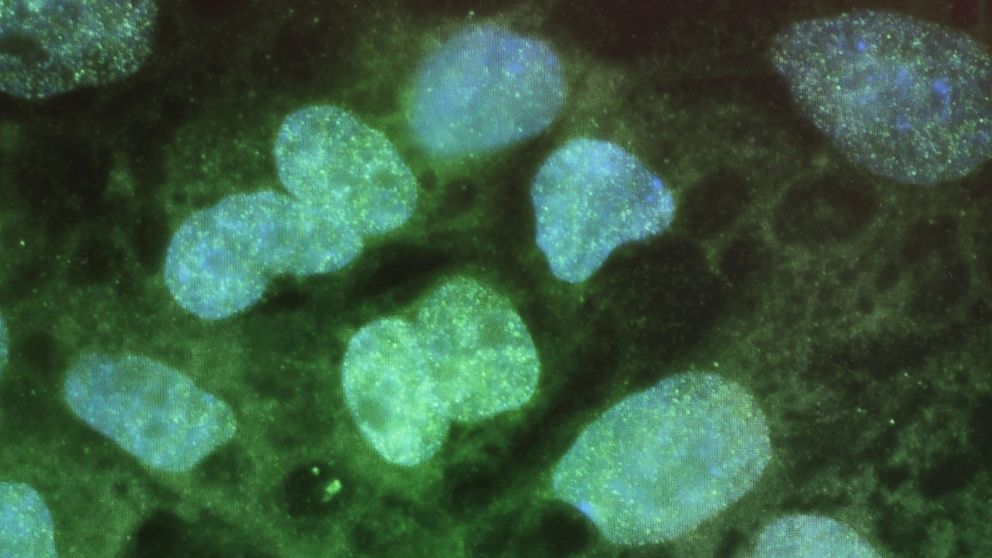Growing Number of US Clinics Marketing Unproven Stem Cell Treatments, Study Finds
Easier access to unproven stem cell treatments is rising in the U.S.

— -- Stem cells represent for some the promise of a cure from disease or relief from chronic pain conditions -- and businesses have taken notice, opening clinics that market different stem-cell treatments directly to consumers.
While the use of unapproved stem-cell therapies is commonly associated with international “stem cell tourism,” a new analysis in the journal Cell Stem Cell indicates that this marketplace may be much larger in the United States than previously thought.
By using internet key word searches, text mining, and content analysis of company websites, UC Davis stem cell researcher Paul Knoepfler and University of Minnesota bioethicist Leigh Turner found a total of 351 U.S. businesses offering stem-cell treatments in 570 clinics throughout the United States. Clinics were found throughout the country, with California, Florida and Texas having the highest number of clinics. Similar clusters were also seen in certain cites, most notably Beverly Hills, followed by New York and San Antonio.
The majority of clinics advertised autologous treatments, which means using stem cells that come directly from the patient, usually from fat cells or bone marrow. However, an estimated one in five clinics marketed treatments with stem cells derived from other people, and two clinics offered “bovine amniotic cells” to patients -- meaning cells derived from the amniotic fluid of cows.
The purported treatments offered by these clinics were varied, with the most common interventions advertised for orthopedic issues, followed by pain, sports injuries, neurologic conditions, and immune disorders. The authors note specific concern about the marketing of treatments for conditions such as Alzheimer’s disease, for which there is currently no consensus from the medical community that there are safe and effective stem cell treatments.
James Hendrix, director of Global Science Initiatives at the Alzheimer’s Association, shares these concerns.
Although there are clinical studies being conducted to assess the safety and efficacy of stem cells in the treatment of disease and injury, he stressed that it is important to “make the distinction between what is research, and what is ready to be sold and marketed and provided to patients.”
The treatments offered in these clinics “are unproven and not tested appropriately at this point," Hendrix added. "There’s no way to confirm that any of these clinics are providing stem cells, let alone whether they actually work.”
His points echo those made by Turner and Knoepfler, who note that some clinics may not be meeting federal regulations regarding cells and tissues.
"From around 2009 to the present, businesses have been entering the marketplace on a routine basis, they've been coming in making marketing assertions about stem cells treating 30-40 different diseases, and no one's taking meaningful regulatory action," Turner said in a statement.
"Does that mean that people are getting access to safe and efficacious interventions or is there basically unapproved human experimentation taking place where people are going to these businesses and receiving experimental investigational cell-based interventions without being given a meaningful account of the lack of knowledge and evidence that they're being charged for?" Turner added.
For now, it seems additional discussions into the ethical, legal and medical ramifications of these clinics are needed. Per Hendrix, stem cells and stem cell research “may lead to really great new understanding of disease as well as new therapies," he said. But "that is a step separate from what these clinics are doing today.”
Dr. Maryam Jahdi is a psychiatric resident at the Ohio State University Wexner Medical Center. She is currently a resident in the ABC News Medical Unit.